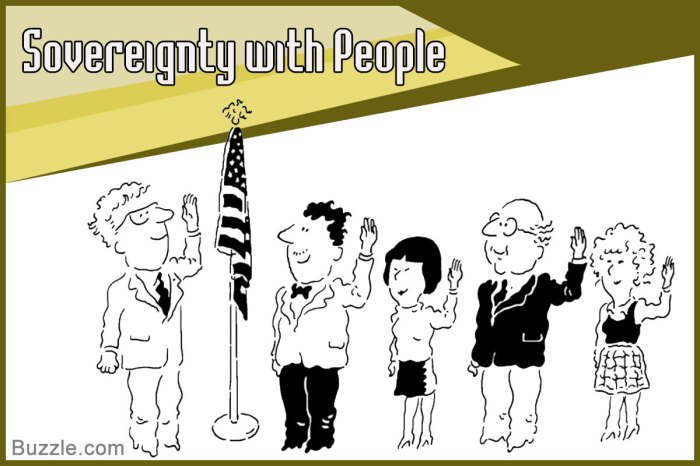Confederate government advantages and disadvantages present a complex tapestry of governance, inviting us to delve into the intricacies of decentralized power structures. This exploration will unravel the political, economic, and social implications of such systems, drawing upon historical examples and contemporary perspectives.
As we embark on this journey, we will dissect the decision-making processes within confederate governments, examining how they impact efficiency and responsiveness. We will also analyze the economic benefits and challenges associated with decentralized systems, considering local autonomy and federal interference.
Furthermore, we will explore the social advantages and disadvantages, including the preservation of states’ rights and cultural identities.
Advantages of Confederate Government

Confederate governments offer several advantages over other forms of government. They are characterized by a decentralized political structure, where power is shared among member states. This can lead to:
Increased Local Autonomy
- Local governments have more control over their own affairs, including taxation, education, and infrastructure.
- This allows states to tailor policies to meet the specific needs of their constituents.
Reduced Federal Interference
- Confederate governments limit the power of the central government, reducing its ability to interfere in local matters.
- This can foster a sense of independence and self-reliance among member states.
Preservation of States’ Rights and Cultural Identities, Confederate government advantages and disadvantages
- Confederate governments recognize the sovereignty of member states, preserving their unique laws, traditions, and cultures.
- This can promote diversity and protect the rights of minority groups.
Disadvantages of Confederate Government: Confederate Government Advantages And Disadvantages

While confederate governments offer certain advantages, they also come with some challenges:
Challenges in Coordinating Military and Diplomatic Efforts
- Confederate governments can struggle to coordinate military and diplomatic efforts due to the decentralized nature of power.
- This can lead to disunity and difficulty in responding to external threats or pursuing common goals.
Potential for Weak Central Authority
- The decentralized structure of confederate governments can result in a weak central authority.
- This can make it difficult to enforce national policies or maintain order.
Economic Disparities and Regional Conflicts
- Confederate governments can lead to economic disparities among member states, as some states may have more resources or economic opportunities than others.
- This can create tensions and conflicts between states.
Specific Examples of Confederate Government

Throughout history, there have been several notable examples of confederate governments:
American Confederacy
- The American Confederacy was formed in 1861 by 11 southern states that seceded from the United States.
- The Confederacy was a loose alliance of states with limited central authority.
- It ultimately failed due to its inability to coordinate military efforts and maintain economic stability.
Swiss Confederation
- The Swiss Confederation has existed for centuries and is one of the oldest surviving confederacies in the world.
- It is a decentralized federation of 26 cantons, each with its own government and laws.
- The Swiss Confederation has successfully maintained its independence and unity despite its diverse population and languages.
Comparisons to Other Forms of Government

Confederate governments differ from other forms of government, such as federalism and unitary systems:
Federalism
- Federal governments have a central authority that shares power with regional or state governments.
- Federal systems typically have more centralized control than confederacies, but still allow for some local autonomy.
Unitary Systems
- Unitary systems have a single central government that holds all the power.
- Unitary systems offer less local autonomy than confederacies or federal systems.
Suitability of Confederate Governments
The suitability of a confederate government depends on several factors, including the size, diversity, and history of a country or region.
Confederate governments may be suitable for:
- Countries with a strong sense of regional or state identity
- Countries with a diverse population or geography
- Countries with a history of conflict or mistrust between different regions
Top FAQs
What are the key advantages of a confederate government?
Confederate governments offer increased local autonomy, reduced federal interference, and the preservation of states’ rights and cultural identities.
What are the potential disadvantages of a confederate government?
Confederate governments may face challenges in coordinating military and diplomatic efforts, establishing a strong central authority, and preventing economic disparities and regional conflicts.
Can you provide historical examples of confederate governments?
Notable historical examples of confederate governments include the American Confederacy and the Swiss Confederation.